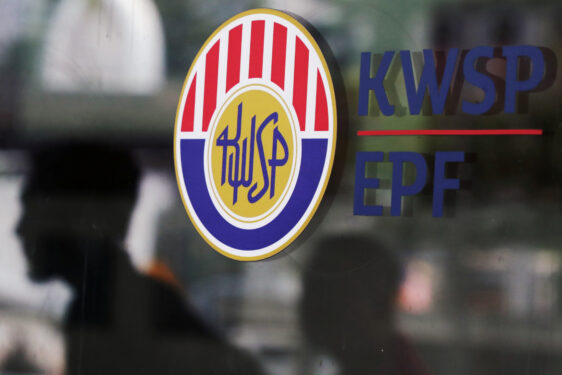INNOVATIVE public policies aimed at disincentivising perpetrators of corrupt practices are needed to end corruption in Malaysia.
Such comment came from Malaysia’s fierce corruption critic and immediate past president of Transparency International Malaysia Datuk Seri Akhbar Satar following the recent 2020 Corruption Perceptions Index (CPI) report which indicated that Malaysia has fallen six spots to 57th from 51st in the global rankings.
Published annually by Berlin-based Transparency International since 1995, the CPI ranks countries based on perceived levels of public sector corruption.
“The drop in ranking clearly reflects the lack of political will and the inadequacy of anti-corruption measures to address this problem,” Akhbar who holds the professorial chair at Institute of Crime & Criminology, HELP University pointed out.
“Unresolved high-profile corruption cases and economic crimes that include out-of-control smuggling activities have also fuelled perception of high levels of corruption in the public sector in the country.”
According to Akhbar, policy reforms and better laws need to be put in place to make sure those who engage in corrupt practices are discouraged to do so.

“Rampant smuggling activities such as the illegal cigarettes black market have become a severe problem in Malaysia because of corruption,” he observed.
“Those who have been given the responsibility to enforce and prevent smuggling activities have failed and are said to have turned a blind eye to facilitate the criminals.”
What is more worrying is that cigarettes smuggling syndicates and terrorism are linked, according to Akhbar. This underground economy is a threat to the country’s economy and sovereignty, further escalates corruption and erodes the integrity of enforcement officers.
“The huge sums of money generated from the illegal cigarettes trade are then used to pay even more unethical people to help perpetrate the crime and preventing honest and dedicated enforcement officers from effectively stopping the cigarettes smuggling problem,” noted founder and president of the Association of Certified Fraud Examiners (ACFE) – Malaysian Chapter.
“It is a never-ending vicious cycle that has led to Malaysia becoming the No.1 in the world for illegal cigarettes.”
Integrity culture
Akhbar nevertheless acknowledges the Royal Malaysian Customs Department’s (RMCD) recent announcement of record levels of seizures in 2020.
“However, in spite of the hard work and diligence of our customs officers, we hear little about perpetrators or cigarettes smuggling syndicates being arrested, charged or convicted,” he lamented.
“Also, despite the rise in seizures, levels of illegal cigarettes remain high – if not higher – in 2020.”
It was reported that RMCD recorded 2,104 cases related to contraband cigarettes worth RM74.97 mil with RM661.9 mil in taxes or duties. This marked an increase of 84.41% in terms of the number of cigarettes seized, 83.41% rise in the value of cigarettes confiscated and an increase of 84.41% in duties and taxes.
“In order to really stop this illegal cigarettes problem, the Government may consider policies that addresses the very root of the problem,” suggested Akhbar.
“Some policymakers and economic experts have suggested a special policy to introduce lower priced cigarette to counter the demand for illegal cigarettes.”
This, according to Akhbar, makes sense as people, especially the poor, will generally buy products that are significantly much cheaper but still meet the same needs which is exactly what criminals are exploiting.
He further recommended that law enforcers in the likes of RMCD create a more sustainable culture of integrity.
“Empowering its officers can help foster a culture of responsibility, thus enabling best practices to be implemented, prevent corruption, minimise risks and drive compliance,” explained Akhbar.
“Improved and innovative policies that remove the motive of individuals or organisations to engage in corrupt practices can play a critical role in improving Malaysia’s General Corruption Barometer (GCB) as well as CPI rankings in the future.” – Feb 5, 2021










